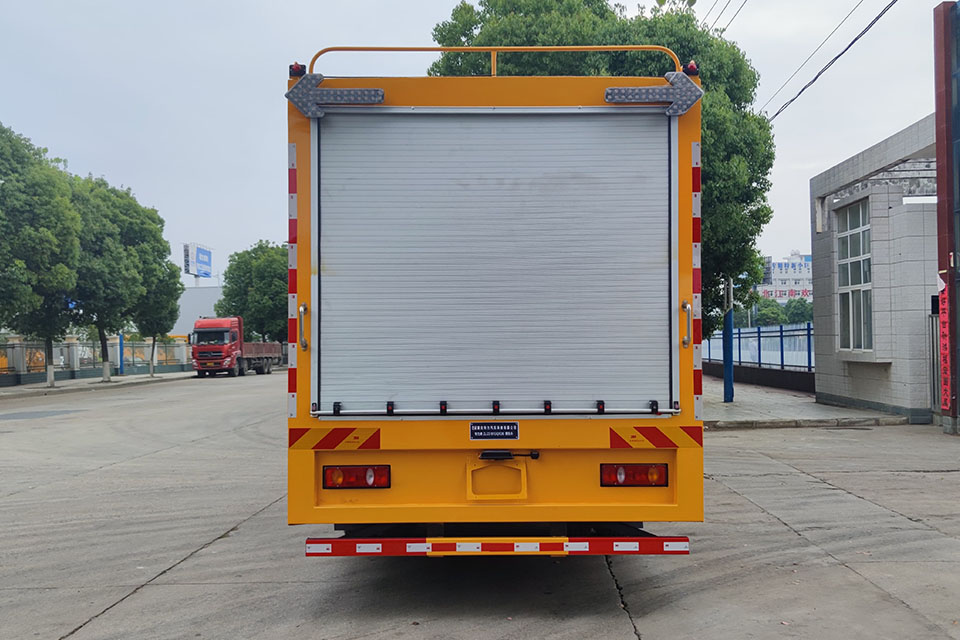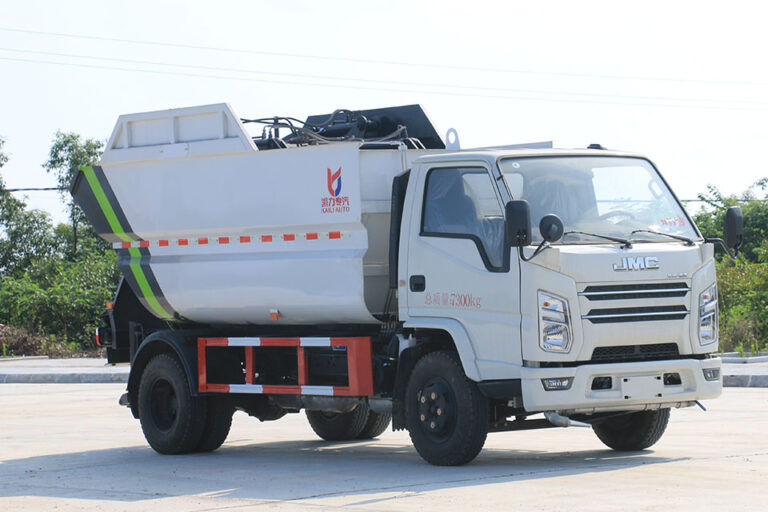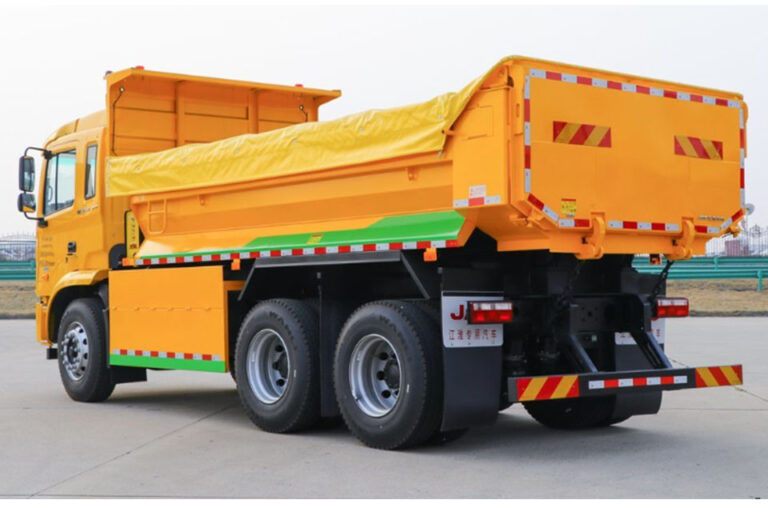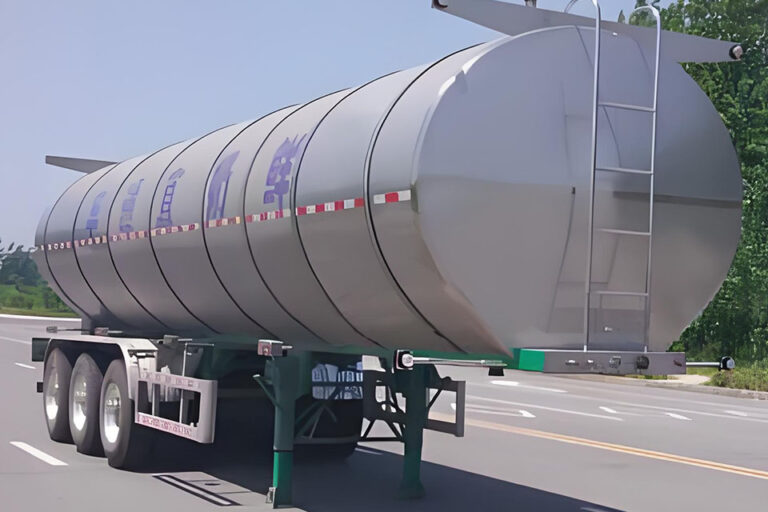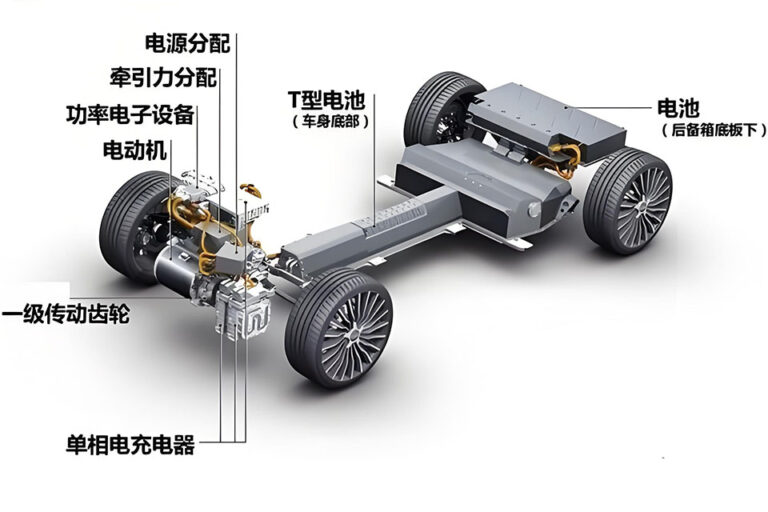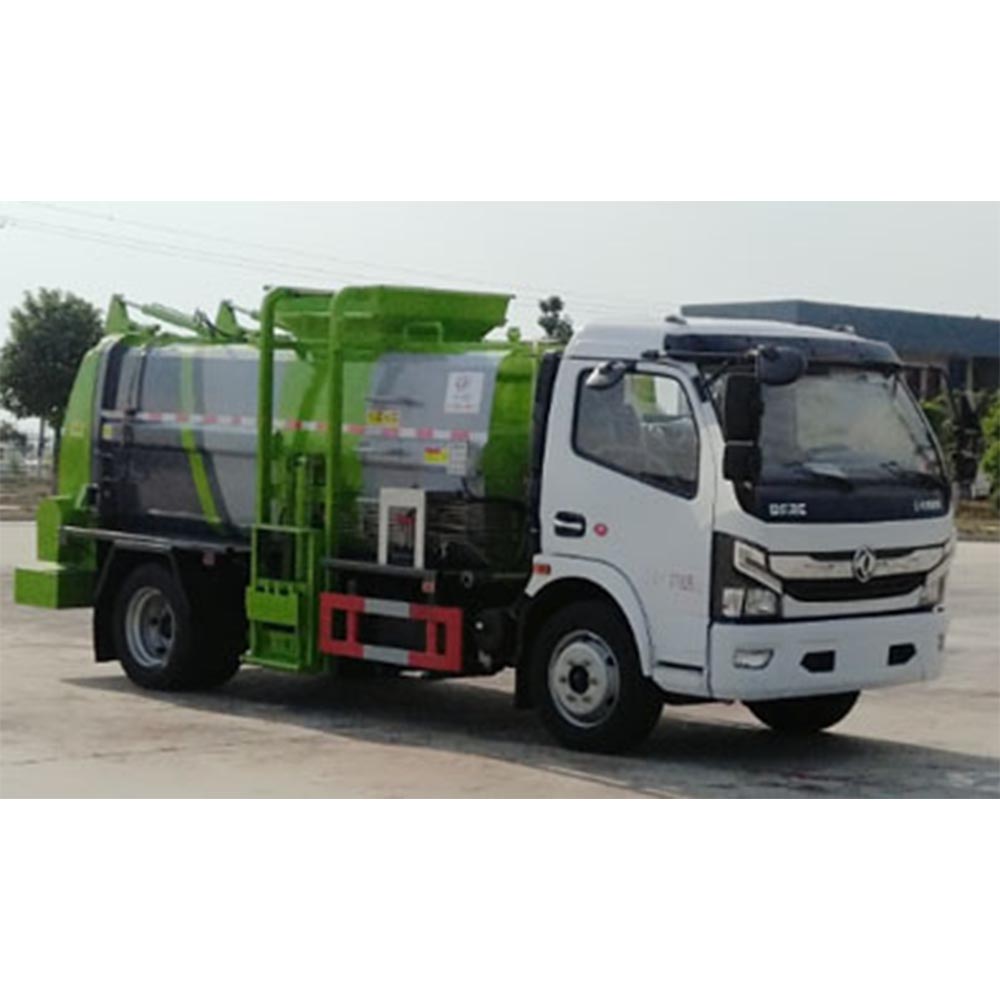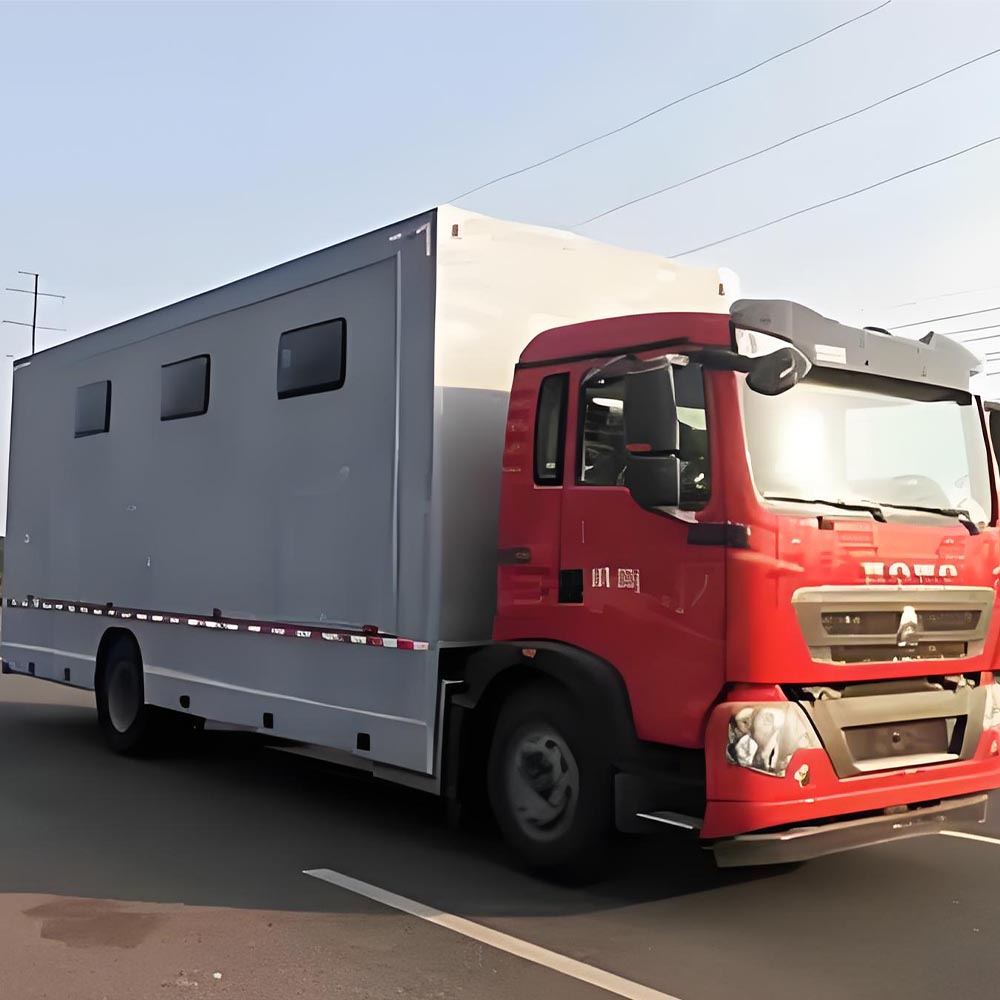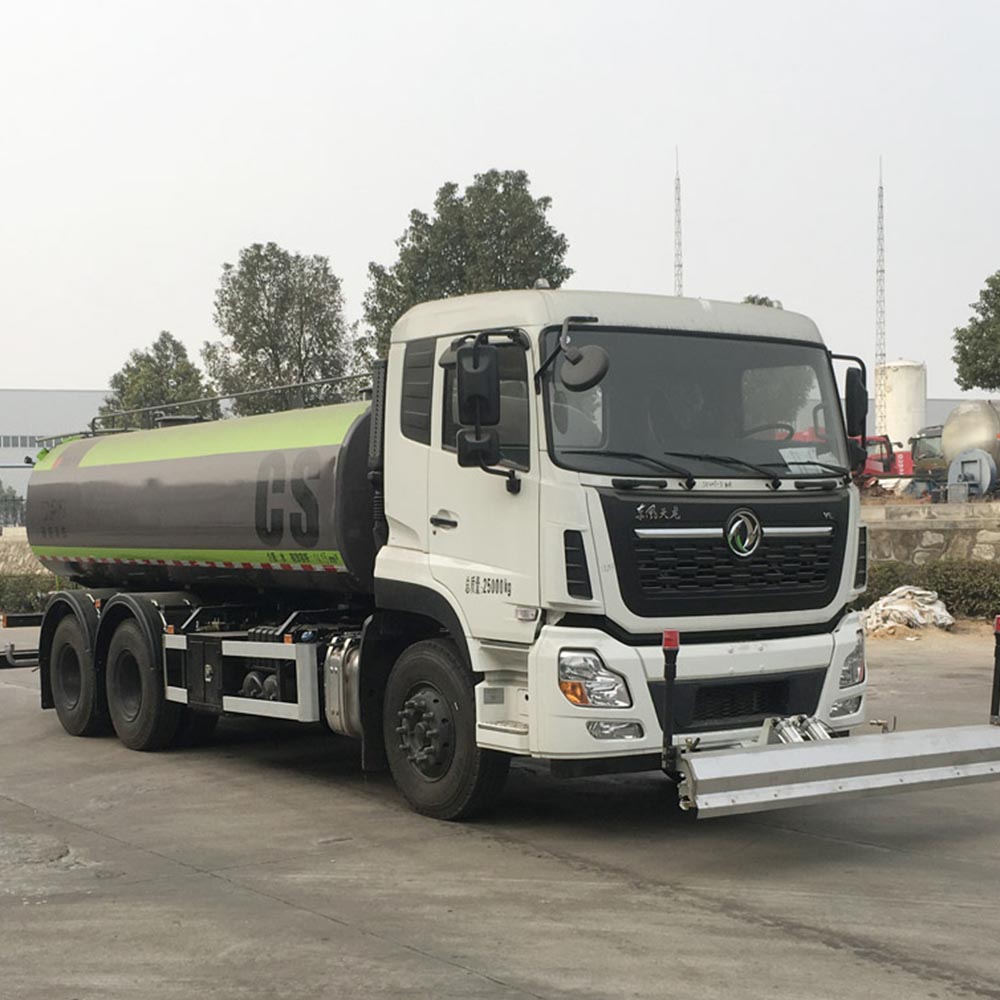-
Chengli Automobile Industry Park
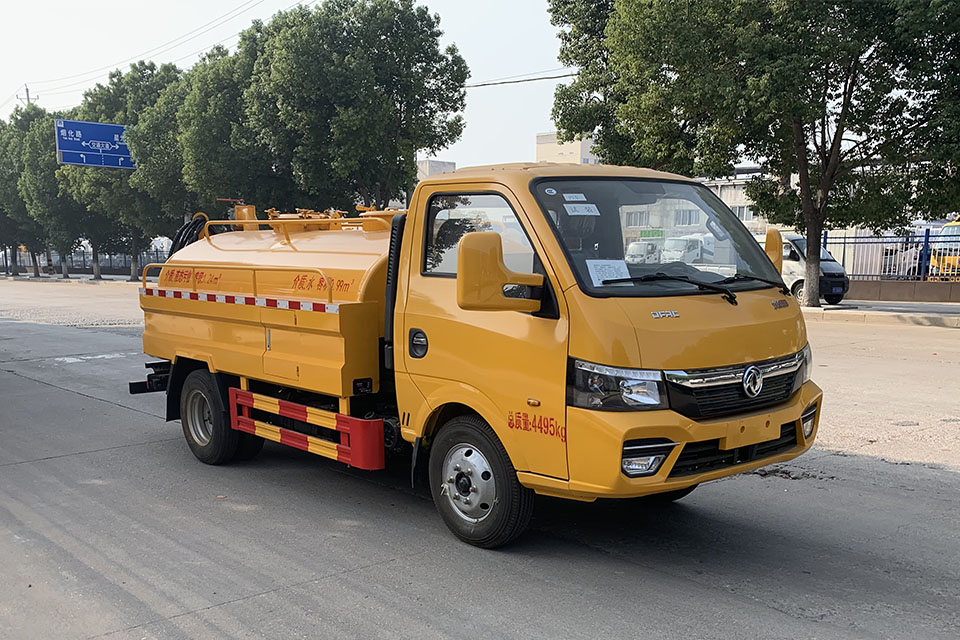
Sewage Suction Services
Keeping homes and cities clean is a big job. Sewage suction services help do this job. These services use special trucks to clean up waste water and keep pipes clear.
Table of Contents
What Are Sewage Suction Services?
Sewage suction services use big trucks with powerful pumps to remove waste from:
- Septic tanks
- Sewer lines
- Grease traps
- Industrial waste systems
These services are key to public health and stop bad smells and water pollution.
Why You Need Sewage Suction Services
Homes and businesses need clean waste systems. Here’s why:
- Stop clogs before they cause big problems
- Keep pipes working for a long time
- Protect the earth from dirty water
- Meet the rules for waste control
- Save money by fixing small issues before they grow
Types of Sewage Suction Services
| Service Type | What It Does | Who Needs It |
|---|---|---|
| Septic Tank Cleaning | Removes sludge and waste from tanks | Homes without city sewer |
| Industrial Waste Removal | Cleans factory waste and chemicals | Manufacturing plants |
| Municipal Sewer Maintenance | Keeps city pipes working well | Local governments |
| Grease Trap Cleaning | Removes fat and food waste | Restaurants and food businesses |
| Emergency Drain Clearing | Fixes sudden clogs and backups | Everyone with plumbing |
Sewage Suction Services
Essential for cleanliness and health.
Sewage suction services keep homes, businesses, and cities clean and safe by removing wastewater.
Types of Services
Service Cost Factors
- Job Size
- Travel Distance
- Job Difficulty
- Time of Day
- Service Frequency
Recommended Service Schedule
| Property Type | Cleaning Frequency | Warning Signs |
|---|---|---|
| Home Septic Tank | Every 3-5 years | Slow drains, bad smells, wet yard |
| Restaurant Grease Trap | Every 1-3 months | Backed up sinks, food waste problems |
| Industrial Waste System | Monthly or as needed | System alarms, slow production lines |
| Municipal Sewer Lines | On a set schedule | Street backups, manhole overflows |
Environmental Compliance
Proper waste disposal is required by law. Companies must have permits and follow strict rules.
How to Pick the Best Sewage Suction Service
Finding good help is key. Look for:
- Proper permits and training
- Good reviews from other customers
- Fair prices with no hidden costs
- Fast response times for emergencies
- Modern trucks and tools
- Safe waste disposal methods
A good company will come to look at your job and tell you the cost before they start work.
Sewage Hauler Equipment
Special trucks do this work. These trucks have:
- Big tanks to hold waste
- Strong pumps to move thick liquids
- Long hoses to reach far places
- Filters to catch solid items
- Safety gear to protect workers
The most common truck is a vacuum truck that can pull waste from deep spots.
Cost of Sewage Suction Services
Prices change based on:
- Job size (how much waste)
- How far the truck must go
- How hard the job is
- Time of day (emergency costs more)
- How often you need service
Small home jobs might cost $300-500. Big industrial jobs can cost thousands.
Environmental Rules for Sewage Services
Waste must go to the right place. The law says:
- Companies must have permits
- Workers need training
- Trucks need regular checks
- Waste must go to approved places
- Records must show where waste went
Breaking these rules can lead to big fines over $50,000 in some places.
How Often to Use Sewage Suction Services
| Property Type | How Often to Clean | Warning Signs You Need Service Now |
|---|---|---|
| Home Septic Tank | Every 3-5 years | Slow drains, bad smells, wet yard |
| Restaurant Grease Trap | Every 1-3 months | Backed up sinks, food waste problems |
| Industrial Waste System | Monthly or as needed | System alarms, slow production lines |
| Municipal Sewer Lines | On a set schedule | Street backups, manhole overflows |
New Trends in Sewage Services
Better tools and methods are coming:
- Recycling wastewater to save resources
- Trucks that use less fuel or electric power
- Cameras to see inside pipes
- Apps to track service times
- Better treatment of waste
About 30% of modern projects now include recycling plans to help the earth.
Municipal Sewage Service Contracts
Cities need help with big sewage jobs. They use contracts that:
- Set clear rules for the work
- Run for several years (often 3-5)
- Need companies to have special papers
- Require insurance and bonds
- Have strict rules for waste disposal
The Mossel Bay Municipality example shows how these work with a 3-year contract.
Vacuum Truck for Sewage Systems
Special trucks called vacuum trucks do most sewage jobs. They:
- Pull waste with strong suction
- Hold thousands of gallons
- Can clean deep tanks
- Have long hoses to reach far places
- Include safety features
Industrial Waste Management Case Study
Big factories make special waste. Companies like Safety-Kleen use vacuum trucks to:
- Remove oily water
- Clean chemical tanks
- Handle dangerous sludge
- Keep work sites safe
- Meet strict rules
All this happens while following laws about waste handling.
DIY vs. Professional Services
Some jobs you can do yourself. Others need pros.
DIY is OK for:
- Small clogs in sinks
- Basic drain cleaning
- Simple maintenance
Call pros for:
- Septic tank pumping
- Main line clogs
- Bad backups
- Smelly yards
- Slow drains in many places
Wrong DIY methods can make problems worse and cost more to fix.
Sewer Vac Cleaning Truck Systems
Modern cleaning trucks have great tools:
- High-pressure water jets
- Strong vacuum systems
- Long hose reels
- Big waste tanks
- Camera systems to see problems
These trucks can fix most sewer issues fast.
How to Prevent Sewage Problems
Stop problems before they start:
- Don’t flush wipes, paper towels, or trash
- Keep grease out of drains
- Fix leaks fast
- Get regular service for septic tanks
- Know where pipes are on your property
Finding Sewage Suction Service Providers
Good help is key. Find it by:
- Asking neighbors for ideas
- Checking online reviews
- Getting multiple quotes
- Asking about licenses
- Making sure they dispose waste properly
Conclusion
Sewage suction services keep our homes, businesses, and cities clean. They stop health problems and protect our water.
Whether you need regular maintenance or have an emergency, finding a good service provider is key. Look for fair prices, proper permits, and modern equipment.
Remember to take care of your waste systems to avoid big problems and high costs later.
Helpful Resources
- Local health departments – For rules on septic systems
- Environmental agencies – For waste disposal information
- Plumber associations – To find certified professionals
- Water treatment plants – For local waste rules
